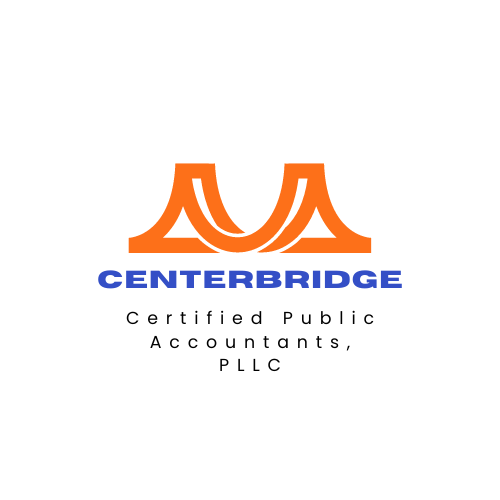Retirement Basics For 401(k) Savings
Many employers offer 401(k) plans to help their employees save for retirement. However, there is much to learn about the 401(k) – details and explanations that will help someone decide whether a 401(k) is right for them or not.
Most employers provide tax-deferred investing to their employees in the form of the 401(k), which helps lower your taxable income because of the pre-tax deduction to fund the 401(k). However, you’ll want to leave money in the 401(k) rather than making withdrawals since the withdrawals will be taxable based on your tax bracket, along with having to pay penalties for early withdrawal.
There are restrictions to the 401(k) plan, based on what the employer chooses as investment opportunities. They are also limited by the 401(k) fund manager. However, despite the restrictions, the 401(k) can be a wise choice for retirement savings.
A 401(k) is a defined contribution plan, meaning that you are not guaranteed a specific income upon retirement. The plan allows the employer and employee to contribute to the employee’s 401(k). The amount of money you can contribute is generally set by the employer, and they will only match a percentage of what you contribute.
The longer you remain at your job, the more vested interest you will have in your retirement plan. The method for determining your vesting is determined by the employer and is usually related to the number of years you have worked for them and how long you have contributed to the 401(k). Typically to become 100% vested, you will need to be employed for ten years. Check with your human resources manager to determine the vesting rules for your company.
One major problem with a 401(k) and any other defined contribution plan retirement account is that you don’t know how much money you will receive when you retire. Your nest egg at retirement will be based on how much money you contributed to the plan, what your employer contributed, and the performance of the investments in your portfolio. Seek the help of a qualified financial planner to help you decide if you should move your investments to get more of a return for your money.
Benefits of this type of retirement account include:
• Contributions are taken out pre-tax, so they lower your taxable income rate
• Contributions are sheltered when you make them
• Funds are often taxed at a lower rate when you withdraw them at retirement
• Your contributions and earnings are protected from income tax until withdrawal, which means the funds have more potential to grow.
Perhaps the most significant benefit of the 401(k) is the fact that it can be moved if you ever change jobs, usually without incurring any penalties. You may maintain the account as is (unless required to be removed by your employer), roll it over into another 401(k) account at your new employers, transfer it to an IRA, or make a withdrawal at the time. Remember that making a withdrawal before you retire may cause you to pay stiff penalties and income tax on the withdrawal.
The 401(k) plan you have may be difficult to understand, but it doesn’t have to be. Speak with a qualified financial counselor to give you specific information about the 401(k) – details and explanations – to ensure you understand the benefits and potential problems of having this type of retirement account. Your financial planner can give you good advice, but you have to seek them out.

Avoid The Critical Financial Mistakes Made By Real Estate Pros
Failing in the financial basics will doom your business. Get our free e-book "The Real Estate Pro's Guide to Financial Success" to see if you are set up for success.

